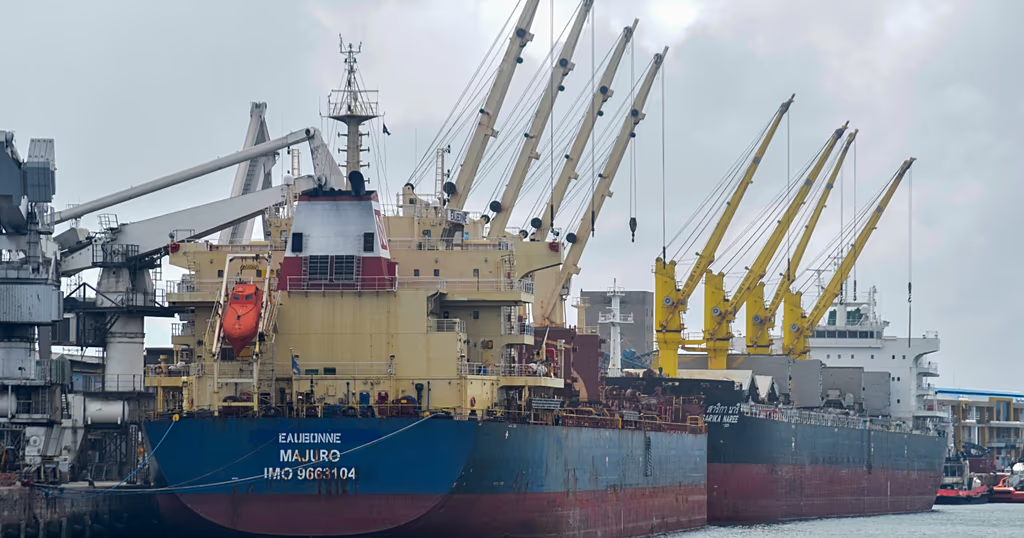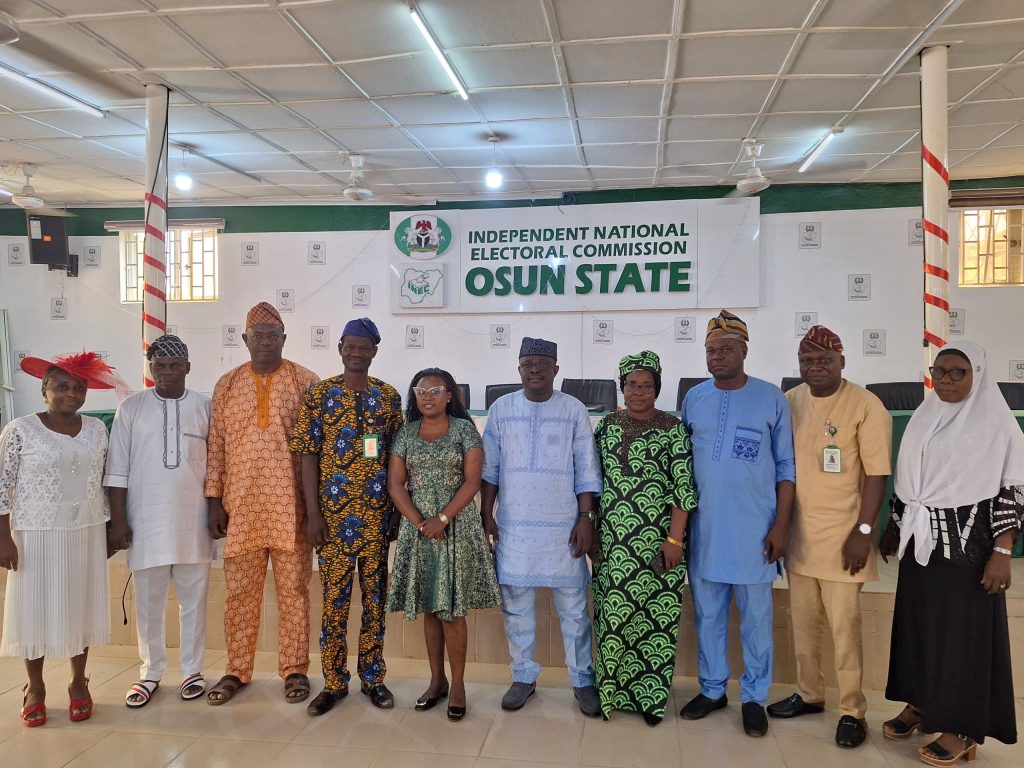The Nigeria Customs Service (NCS) has taken a step towards ending manual administration with the inauguration of a $3.2 billion modernisation project. The Comptroller-General of NCS, retired Colonel Hameed Ali, inaugurated the Project Management Office, which aims at providing full automation of the NCS and strengthening the service’s processes while eradicating corruption.
According to Mr. Ali, digitisation drives efficiency, transparency, and effectiveness, and modernisation would help the NCS adapt to changing market dynamics. It would also assist in automating operations and unlocking revenue to contribute to the economic growth and wellbeing of Nigerians.
Chairman of Trade Modernisation Project Limited (TMPL), Saleh Ahmadu, said the project was set to invest $3.2 billion over a 20-year period and would generate over $200 billion in revenue generation. He added that capacity building was a priority of the project, and a substantial part would go into building staff’s capacity.
The concessionaire is Bergman Securities Consultant and Suppliers Limited as the project sponsor, Africa Finance Corporation, UFC as the lead financier, and Huawei Technologies will be trained as the lead technical service provider. The concessionaire has provided the government with $9 million (N4.135 billion) in security from the satisfactory performance of the project.
Clem Agba, former Minister of State for Budget and National Planning, said the Federal Executive Council had approved the implementation of the e-customs project to a concessionaire. He added that the revenue-sharing arrangement is currently 45% of accruals to the comprehensive input service scheme going to the concessionaire and 55% going to the Federal Government.
Mr. Ali countered the assertion that adopting the technology would reduce the use of manpower, saying modernisation would instead encourage the service to recruit more personnel. The project would require a lot of manpower to effectively cover the borders and ensure people’s security, he added.
The NCS was in dire need of a modernisation drive, given the challenges of manual administration and corruption. The initiative is a testament to the Government’s commitment to embrace digitisation and improve the economic climate, as it will provide new opportunities for businesses while boosting revenue generation.
However, there are concerns about the long-term sustainability of the project as it relies heavily on foreign investments and technological expertise. As such, local capacity-building and technological transfer must be an essential prerequisite for the success of the initiative.



